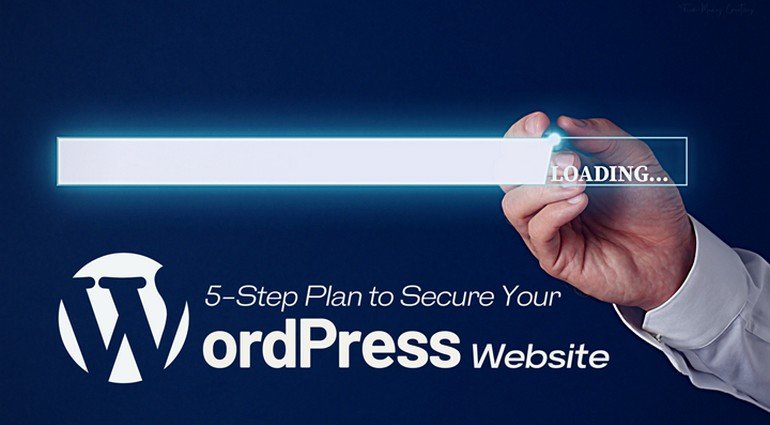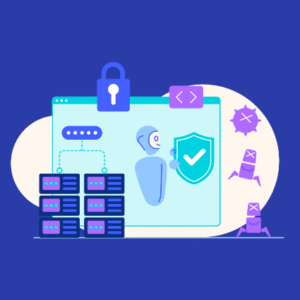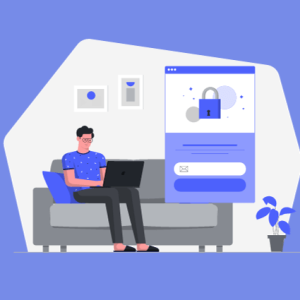Alongside efforts to improve modern businesses, WordPress safety needs to be a priority for any website owner.
Google blacklists more than 10,000 websites daily for malware threats and about 50,000 websites weekly for phishing attacks.
If you want your website top-notch and trending, adopt the best practices possible for WordPress protection.
A secure website also boosts your website ranking, improves your brand’s reputation, and improves User Experience (UX) for your site.
Recent botnet attacks on a large number of WordPress sites compromised user and site data.
While others are scrambling to recover lost data, many WordPress site owners remain unharmed due to proactive website security and data protection already in place.
Although no site is 100% immune to cyberattacks, hardening your WordPress security still needs to be a top concern to avoid compromising data and security integrity.
Learn how to secure your WordPress website.
5 Ways to Secure Your WordPress Website
A hacked website can suffer from loss of content, stolen data, and costly downtime. Maintaining your blog’s protection lets you protect your integrity and offer your guests the best possible experience.
Since it is still the most popular CMS platform, WordPress is a frequent target for cyberattacks.
It is why websites need to update their websites, including plugins and security software frequently, to be a step ahead of cyber attackers.
Let’s look at five essential steps you need to take to harden your website’s security and data management.
Choose a Good Hosting Company
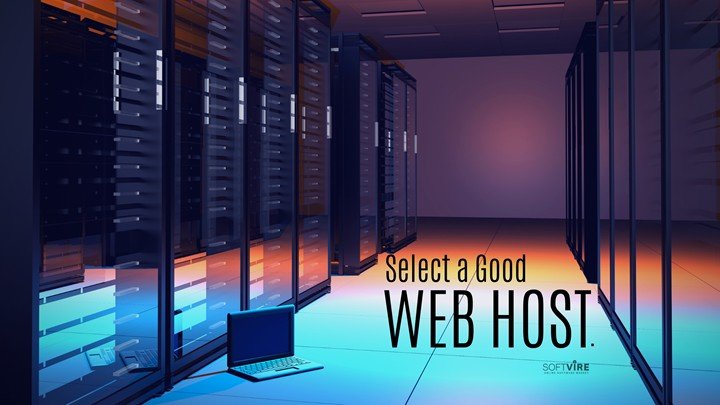
Protect your site by using a hosting service that uses several layers of encryption.
As a general rule, cutting costs on your website hosting can mean you can invest the money elsewhere within your business.
Though tempted, don’t take this route. It also triggers sleepwalking in the future. Your data could be deleted, and your URL could redirect somewhere else.
Better standard hosting comes with additional levels of encryption dynamically added to your website.
Using decent WordPress hosting, you can significantly speed up your WordPress account. WPEngine provides several hosting choices.
Many security features are offered, including regular virus scanning and around-the-clock access to help. Additionally, their price is fair.
Update WordPress Regularly
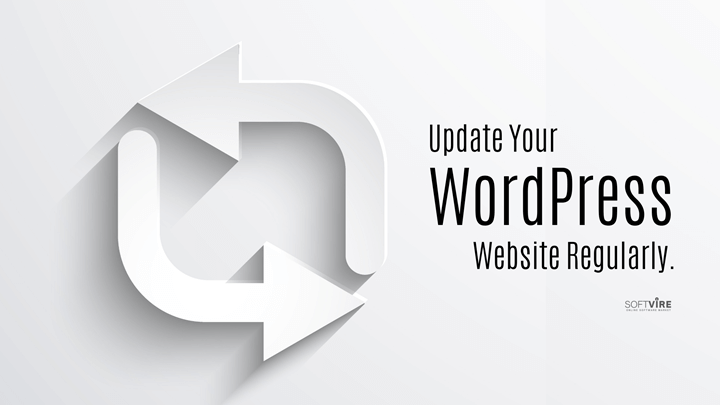
WordPress is open-source software that is frequently updated. WordPress usually automates updates for minor updates, but manual updates still need to be done manually for major releases.
You can also add thousands of plugins and themes to your website using WordPress.
Third-party developers often update these plugins and themes. However, still make it a protocol to double-check these updates for your WordPress site’s protection and functionality.
Hackers can exploit your obsolete properties to infiltrate your site’s backend. You need to update regularly and aggressively secure your WordPress Core, themes, and plugins.
If your platform has active themes and plugins that are not updated, they will make your WordPress site vulnerable to attacks.
You should ensure that your inactive plugins and themes are either up-to-date or deleted to make your WordPress site more stable.
It would help if you automated these updates as much as possible to help secure your WordPress website even more.
Use a Strong Password and Limit User Permissions
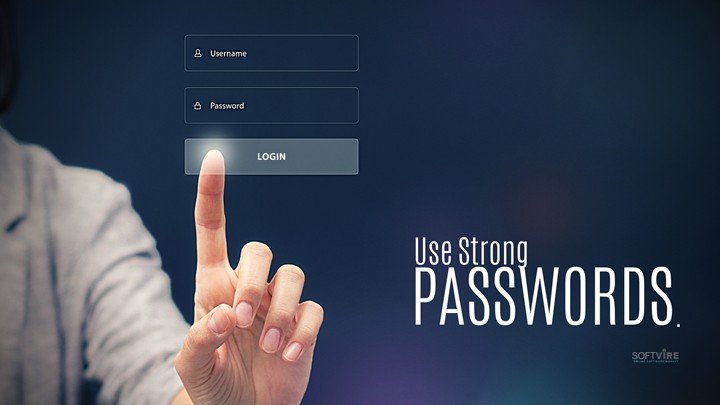
Passwords are vital to website security but sadly sometimes ignored. Many people continue to use simple, easy-to-crack passwords.
Make sure you use a secure and robust password with at least eight alphanumeric characters.
Create strong passwords for your WordPress site by going to Users > Your Profile. At the end of that page, fill in the New Password field.
Require strong passwords from all team members as an added layer of security.
Use strong passwords not just for your WordPress admin page but also for your database, FTP accounts, WordPress hosting account, and custom email addresses under your site’s domain.
In addition, limit user permissions in WordPress. It needs to be on a need-to-have basis, so you limit the number of people who can access your WordPress site.
Store Multiple Backups for Your Website Data
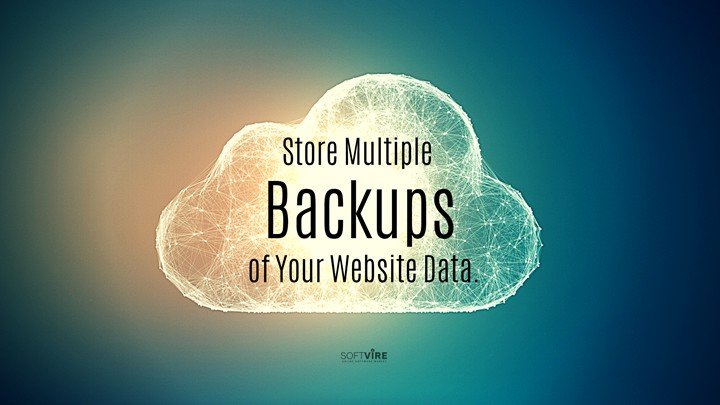
You need to be as proactive as you can afford with your website security.
In case you do experience data breaches, ransomware, and similar attacks, you can immediately restore your website’s operations.
You can employ different backup methods. You can have a backup via physical servers, cloud-based storage, and similar locations.
Select or shift to a web host that includes regular website backup in its services and who will assist you with protecting, restoring, and hardening your site before, during, and after a hacking incident.
Install WordPress Security Plugins
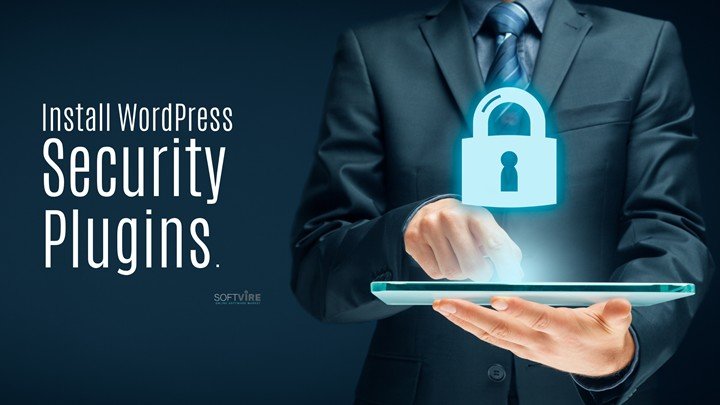
Keep your site protected. Cybersecurity should be of major investment, whether you’re a small or big business.
Large corporations aren’t at risk of cyberattacks. Hackers will compromise any vulnerable website, so you must secure your WordPress website, servers, systems, documents, and computers.
Build your website to ensure the best possible security, as your website is your asset.
There are several protection plugins for WordPress to choose from. You need to choose from validated and reliable sources to ensure that you install the correct ones that will completely protect your website.
Best security plugins can regularly track security, search malware files, monitor blacklists, create firewalls, initiate brute force attacks and post-hack defense protection, and provide security warnings in real-time upon detection of any threat.
Conclusion: Make Security a Top Priority for Your Site

WordPress protection is one of the most critical aspects of your WordPress site. If your WordPress protection is not enforced, hackers can easily target your site. Keeping your website safe is not hard and can even be done for free.
Cybersecurity for business and eCommerce websites faced double the threats as the pandemic rolled out.
Business networks and databases worldwide became vulnerable to a new wave of attacks, most of which took advantage of people’s vulnerabilities during the global health and economic crisis.
As the pandemic is fueling cyberattacks, site vulnerabilities, and security gaps are being exposed to hackers and thieves. That is why cybersecurity should be everybody’s business.
Businesses need to update their cybersecurity and data security policies to respond to emerging cybersecurity developments and threats.
All business workloads, data, and applications across all platforms used should be secured at all times.
Website developers must set up automated frameworks for device management, endpoint security, and risk evaluations.
When you make your WordPress website security a top priority, you will be more equipped to stop cyber threats in their tracks and keep your data integrity.
Mayleen Meñez used to work in media before finding her true passion in NGO work, traveling the Philippines and Asia doing so. She homeschools 3 kids and loves reinventing Filipino dishes. She is a resident SEO writer for Softvire Australia and Softvire New Zealand.

